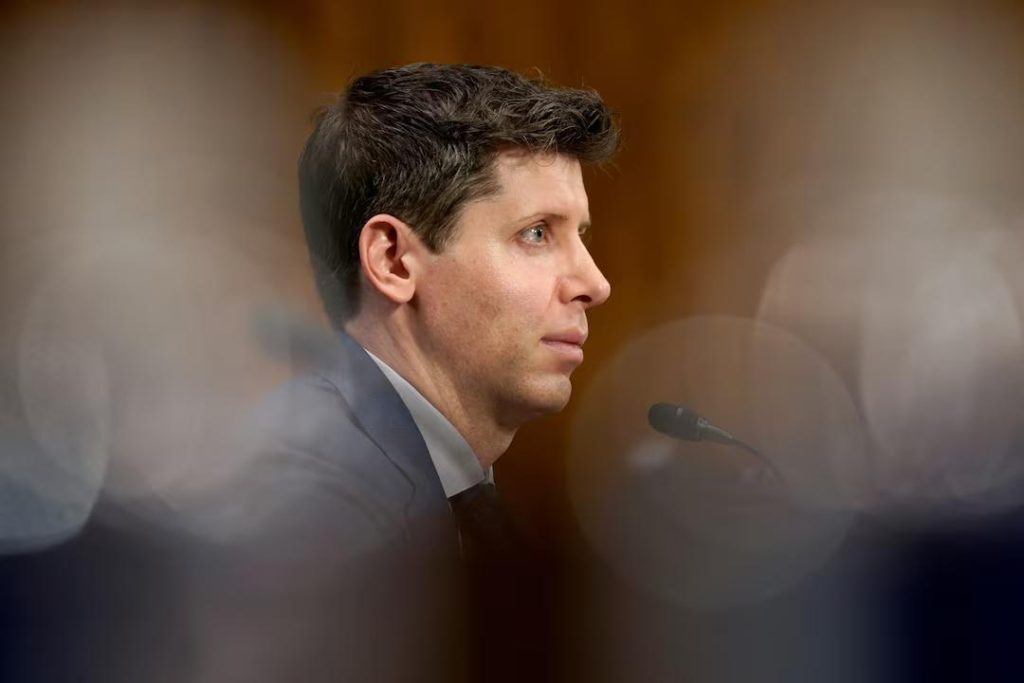
OpenAI Poaches AI Talent from Meta & Others After Meta’s Poaching: Report
The world of artificial intelligence (AI) is known for its cutthroat competition, and the latest development is a testament to that. OpenAI, the creator of the popular AI chatbot ChatGPT, has poached four high-profile engineers from Meta, xAI, and Tesla to join its scaling team. This move comes as Meta continues to poach AI talent from across the tech industry, highlighting the intense competition for top AI minds.
According to a report by WIRED, OpenAI has hired David Lau, the former Vice President of Software Engineering at Tesla, Uday Ruddarraju, the former Head of Infrastructure Engineering at xAI, Mike Dalton, an xAI engineer, and Angela Fan, a researcher at Meta AI. These four engineers will join OpenAI’s scaling team, which is responsible for developing and improving the company’s AI models.
This move is significant, as it marks a reversal of the trend of poaching that has been prevalent in the AI industry. In recent times, Meta has been aggressively poaching AI talent from other companies, including Google, Amazon, and Microsoft. This move by OpenAI is a bold attempt to counteract Meta’s poaching efforts and attract top AI talent to its own ranks.
The hiring of these four engineers is a major coup for OpenAI, as each of them brings a unique set of skills and expertise to the table. David Lau, as the former VP of Software Engineering at Tesla, has a deep understanding of the technical aspects of AI development. Uday Ruddarraju, as the former Head of Infrastructure Engineering at xAI, has a strong background in building and scaling AI systems. Mike Dalton, as an xAI engineer, has hands-on experience with AI development and deployment. Angela Fan, as a researcher at Meta AI, has a strong research background and a deep understanding of AI algorithms.
The addition of these four engineers to OpenAI’s scaling team is expected to have a significant impact on the company’s ability to develop and improve its AI models. With their combined expertise, OpenAI will be able to accelerate its development cycle, improve the accuracy and efficiency of its AI models, and expand its capabilities in areas such as natural language processing, computer vision, and machine learning.
This move by OpenAI is also a significant blow to Meta, which has been trying to establish itself as a major player in the AI industry. Meta’s poaching efforts have been designed to attract top AI talent and build a strong team of researchers and engineers. However, with OpenAI poaching four high-profile engineers from Meta, the company’s efforts may have been undermined.
The competition for top AI talent is fierce, and it’s not just Meta and OpenAI that are vying for the attention of these engineers. Other companies, such as Google, Amazon, and Microsoft, are also aggressively poaching AI talent from across the industry. This competition is driving up salaries, and top AI engineers are becoming increasingly sought after.
The future of AI development is uncertain, but one thing is clear: the competition for top AI talent is only going to intensify in the coming years. As AI technology continues to advance, companies will need to attract and retain the best and brightest minds to stay ahead of the curve. The poaching wars are likely to continue, and companies will need to think creatively to attract and retain top AI talent.
In conclusion, OpenAI’s poaching of four high-profile engineers from Meta, xAI, and Tesla is a significant development in the AI industry. This move marks a reversal of the trend of poaching that has been prevalent in the industry, and it highlights the intense competition for top AI talent. As the competition for top AI minds continues to intensify, companies will need to think creatively to attract and retain the best and brightest minds.






